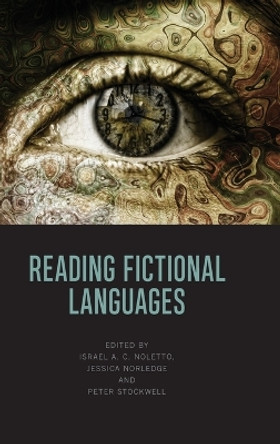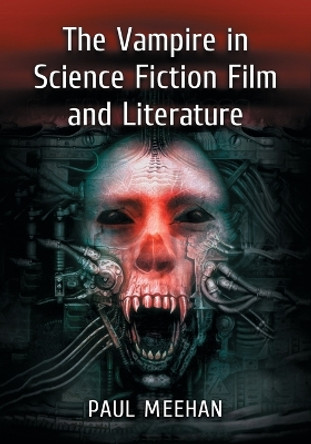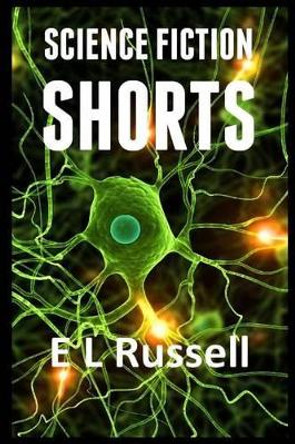Description
Fictional languages in Science Fiction Literature surveys a large number of fictional languages, those created as part of a literary world, to present a multifaceted account of the literary phenomenon of glossopoesis (language invention). Consisting of a few untranslated sentences, exotic names or even fully-fledged languages with detailed grammar and vocabulary, fictional languages have been a common element of English-language fiction since Thomas More's Utopia (1516).
Different notions of the functions of such fictional languages in narrative have been proposed: as rooted in phonaesthetics and contextual features, or as being used for characterisation and construction of alterity. Framed within stylistics and informed by narrative theory, literary theory, literary pragmatics, and semiotics, this study combines previous typologies into a new 5-part reading model comprising unique analytical approaches tailored to science fiction's specific discourse and style, exploring the relationship between glossopoesis, world-building, storytelling, interpretation, and rhetoric, both in prose and paratexts.
About the Author
Israel A C Noletto is a professor of English Language and Literature at the Federal Institute of Piaui (IFPI), Brazil, and a conlanger. He is interested in literary stylistics and fictional languages in science fiction as a literary phenomenon and has published several articles on glossopoesis in writers ranging from George Orwell to Ted Chiang, Jonathan Swift to Anthony Burgess, Thomas More to Suzette Haden Elgin. He has co-edited the book Reading Fictional Languages (Edinburgh University Press, 2023), a collection of papers in glossopoesis by scholars in stylistics and professional language inventors from the UK, mainland Europe, USA, and Brazil.
Book Information
ISBN 9781032688886
Author Israel A. C. Noletto
Format Hardback
Page Count 232
Imprint Routledge
Publisher Taylor & Francis Ltd
Series Routledge Studies in Speculative Fiction











